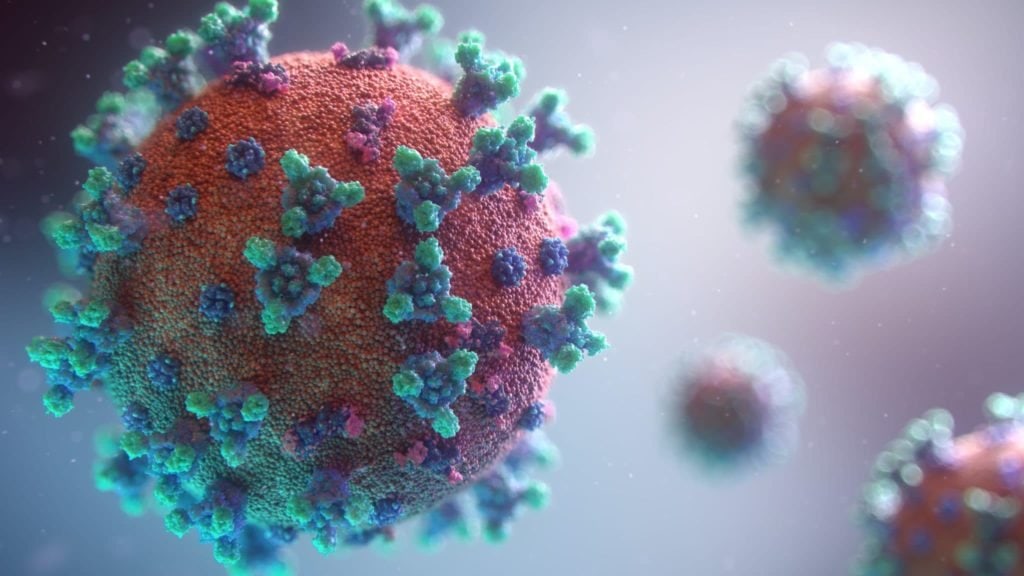Alpha-Gal Syndrome May Be Linked to Vaccine Anaphylaxis
The recently discovered condition has also been reported in those receiving vaccines containing hydrolyzed gelatin and other byproducts from affected animals, which could explain why some may experience anaphylaxis or meat allergies after vaccination.

Anaphylaxis is an acute, life-threatening hypersensitivity disorder characterized by a generalized, rapidly evolving, multi-systemic allergic reaction.
Alpha-gal (galactose-α-1,3-galactose) is a sugar molecule found in the meat of mammalian tissue, including pork, beef, lamb, deer, goat, and red meat products derived from those mammals, such as dairy products and gelatin, and some pharmaceutical products that use animal ingredients. It is not found in fish, poultry, eggs, reptiles, or people.
Evidence suggests that AGS is primarily associated with a lone star tick bite that causes a person to become infected. The bite transfers the alpha-gal sugar molecule into the body, triggering a reaction from the immune system. Symptoms can also develop after consuming things that contain alpha-gal.
Alpha-Gal Syndrome Reactions
Depending on a person’s sensitivity, AGS reactions range from mild to life-threatening and include:
- Hives or an itchy rash.
- Nausea or vomiting.
- Diarrhea.
- Heartburn or indigestion.
- Cough, shortness of breath, or breathing difficulty.
- A drop in blood pressure.
- Dizziness or faintness.
- Swelling of the lips, throat, tongue, or eyelids.
- Severe stomach pain.
Unlike normal allergic reactions, symptoms commonly appear within two to six hours after eating meat or dairy products or after exposure to products containing alpha-gal, including medications and vaccines.
According to the CDC, ingredients in vaccines that may contain alpha-gal include, but are not limited to, gelatin, glycerin, magnesium stearate, and bovine serum.
Alpha-Gal Syndrome and Vaccine Ingredients
There is often hesitancy to administer (pdf) gelatin-containing vaccines due to a concern that allergic reactions could occur, although some argue the risk of not receiving a particular vaccine may outweigh the possible risk of an allergic reaction.
Because AGS is a relatively recent phenomenon, research is lacking when it comes to understanding how this condition may be contributing to reports of anaphylaxis received after vaccination and the effects of administering multiple vaccines containing byproducts from mammals with alpha-gal at one time to someone with AGS.
Recent case reports suggest there is a connection between severe anaphylaxis in patients suffering from AGS and vaccines containing hydrolyzed gelatin (pdf) and bovine serum, including the measles, mumps, and rubella (MMR) vaccine, some influenza vaccines, varicella, MMR and varicella ProQuad vaccine, diphtheria, tetanus, pertussis, and inactivated polio combination vaccine (DTaP/IPV), yellow fever, zoster vaccine, and the tetanus, diphtheria, and acellular pertussis (TDaP) vaccine commonly given to pregnant women.
In a 2021 study published in the International Archives of Allergy and Immunology, researchers used a basophil activation test with different dilutions of gelatin-containing MMR live vaccine, an attenuated varicella vaccine, an attenuated V-zoster vaccine, and a non-gelatin MMR vaccine with two patients positive for AGS, two patients “highly suspicious” for AGS, and two healthy individuals with no known allergies.
The findings showed all patients exhibited strongly positive results for gelatin-containing vaccines but were negative for the non-gelatin MMR vaccine. The two healthy controls showed no basophil activation.
Researchers concluded gelatin-containing vaccines should be administered with caution or avoided entirely for patients with AGS because of their “high potential” to activate basophils, indicating a risk for anaphylaxis.
5-Year-Old Developed Anaphylaxis After Vaccination
A 2018 paper published in the Journal of Allergy and Clinical Immunology describes a 5-year-old male with a history of AGS who developed anaphylaxis immediately after his routine 5-year vaccinations with MMR, varicella, and DTaP/IPV vaccines. Five minutes after receiving his vaccines, he experienced shortness of breath, wheezing, itchy skin welts, and swelling of the face and throat, which required emergency medical care.
Eight months prior to experiencing anaphylaxis, he was diagnosed with AGS following a tick bite. At the time of his vaccinations, he was avoiding mammalian meat and had no history of adverse events to previous childhood vaccines. Scientists reviewed the ingredients of vaccines he had received and found the MMR and varicella vaccines contain a large amount of gelatin per dose compared to other vaccines—and he had received numerous vaccines containing gelatin and bovine calf serum at one visit. Further testing confirmed the child’s anaphylaxis reaction to his vaccines occurred because he had AGS.
After reviewing data from the Vaccine Adverse Event Reporting System for severe adverse events reported on the day of administration of MMR or varicella vaccines using keywords for meat associated with AGS or “alpha-gal,” researchers identified 10 adverse events consistent with an allergy to either MMR or varicella vaccines in patients with preexisting beef, pork, alpha-gal, or gelatin allergy.
COVID-19 Vaccines
Although COVID-19 vaccines do not list animal ingredients on their product labels, Pfizer uses a component of cow’s milk in the early manufacturing and production process. It has not been made clear what this component is, according to Dr. Scott Commins, an associate professor of medicine and associate chief for allergy and immunology at the University of North Carolina. To date, most allergic reactions to COVID-19 vaccines have been attributed to polyethylene glycol or polysorbate.
About the Author: Megan Redshaw is an attorney and investigative journalist with a background in political science. She is also a traditional naturopath with additional certifications in nutrition and exercise science.





.png)

Comments
Post a Comment